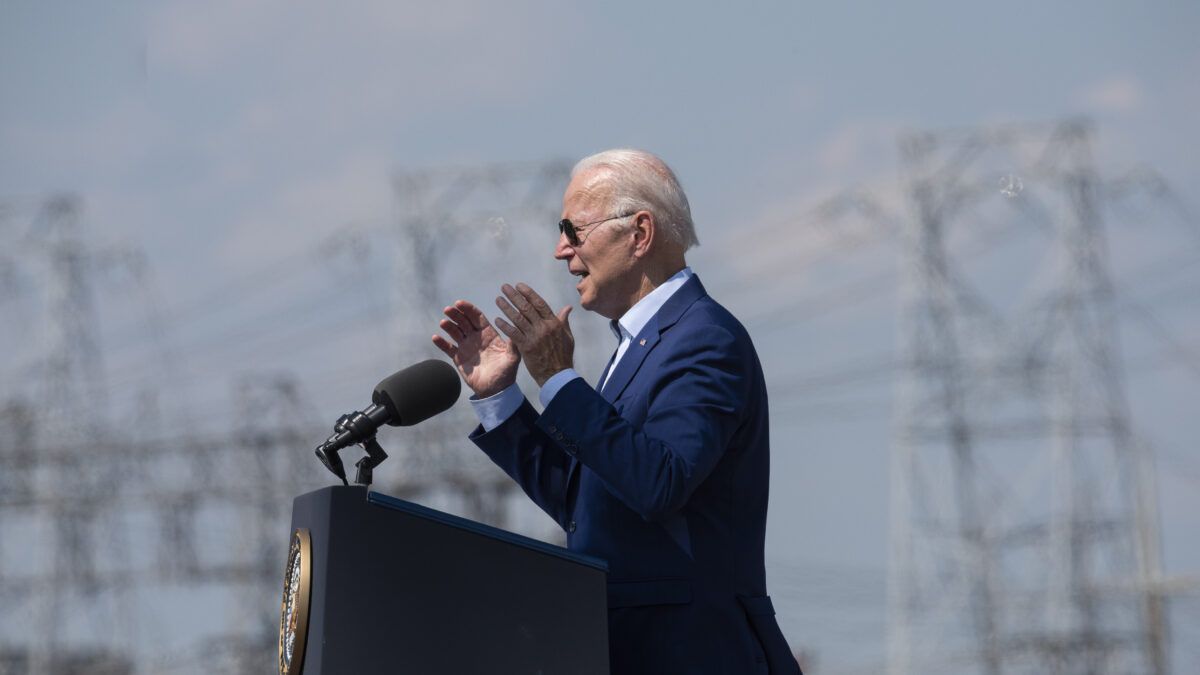
Under a hot July sun, President Joe Biden gazed out over the former home of one of America's largest coal-burning power plants to declare a new "frontier" in the fight against climate change.
Actually, it's just the latest twist in federal policy regarding how Americans get their electricity. One that promises to protect the environment, but might risk the resilience of the electric grid in the process by prioritizing supposedly game-changing public investments in projects like the offshore wind turbines being installed near Martha's Vineyard over incremental environmental improvements in more reliable sources of power.
That's a story that matters, in part because of the $370 billion in new climate spending that Congress is set to approve as part of the Inflation Reduction Act. Much of that new spending will take the form of subsidies and tax breaks for green energy technology. Those subsidies are meant to hasten the transition of America's energy supplies away from dirtier forms of production like coal and oil, including a new 30 percent tax break for offshore wind projects like the one near Martha's Vineyard that Biden touted as a replacement for the Brayton Point power plant.











